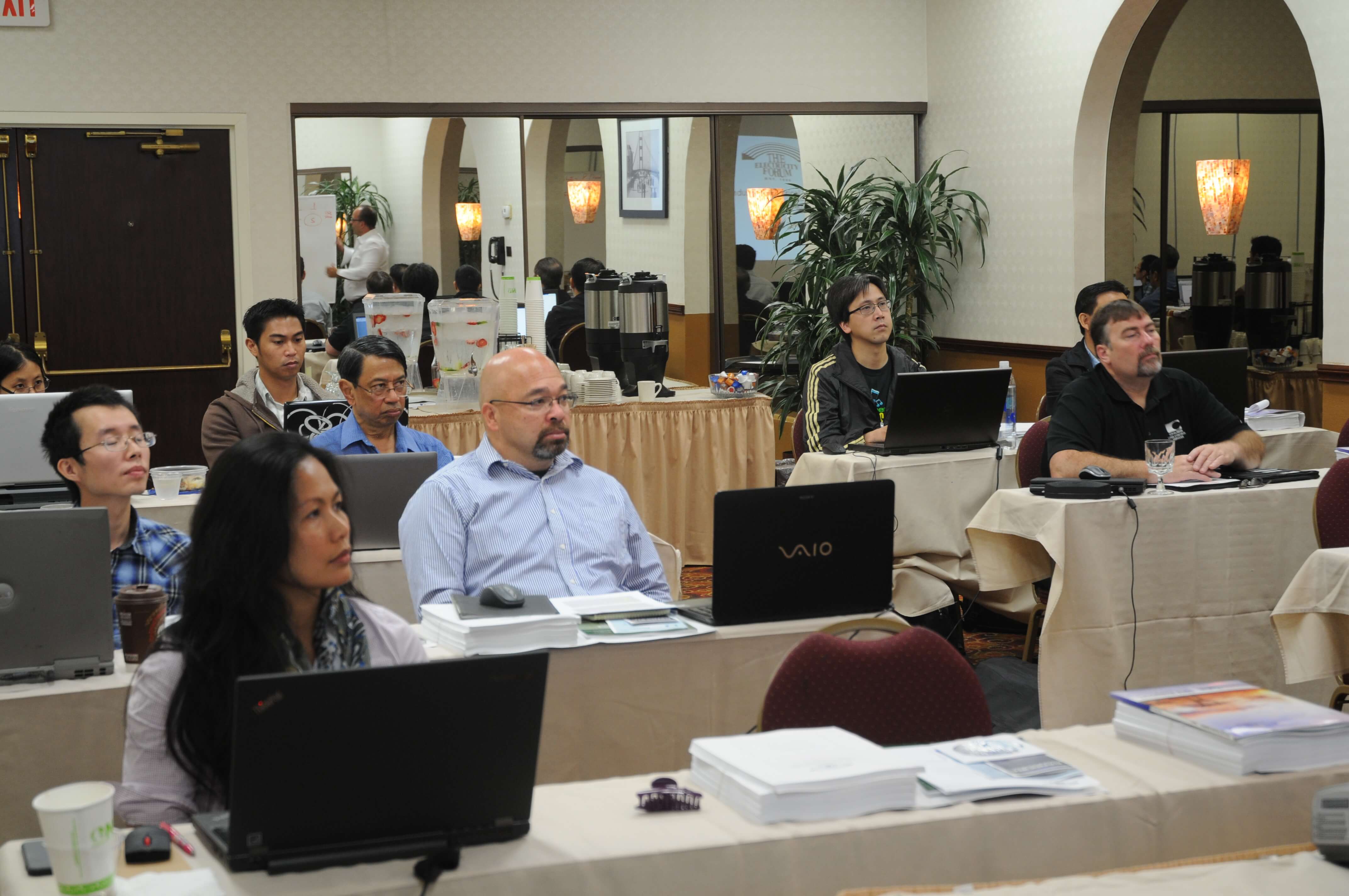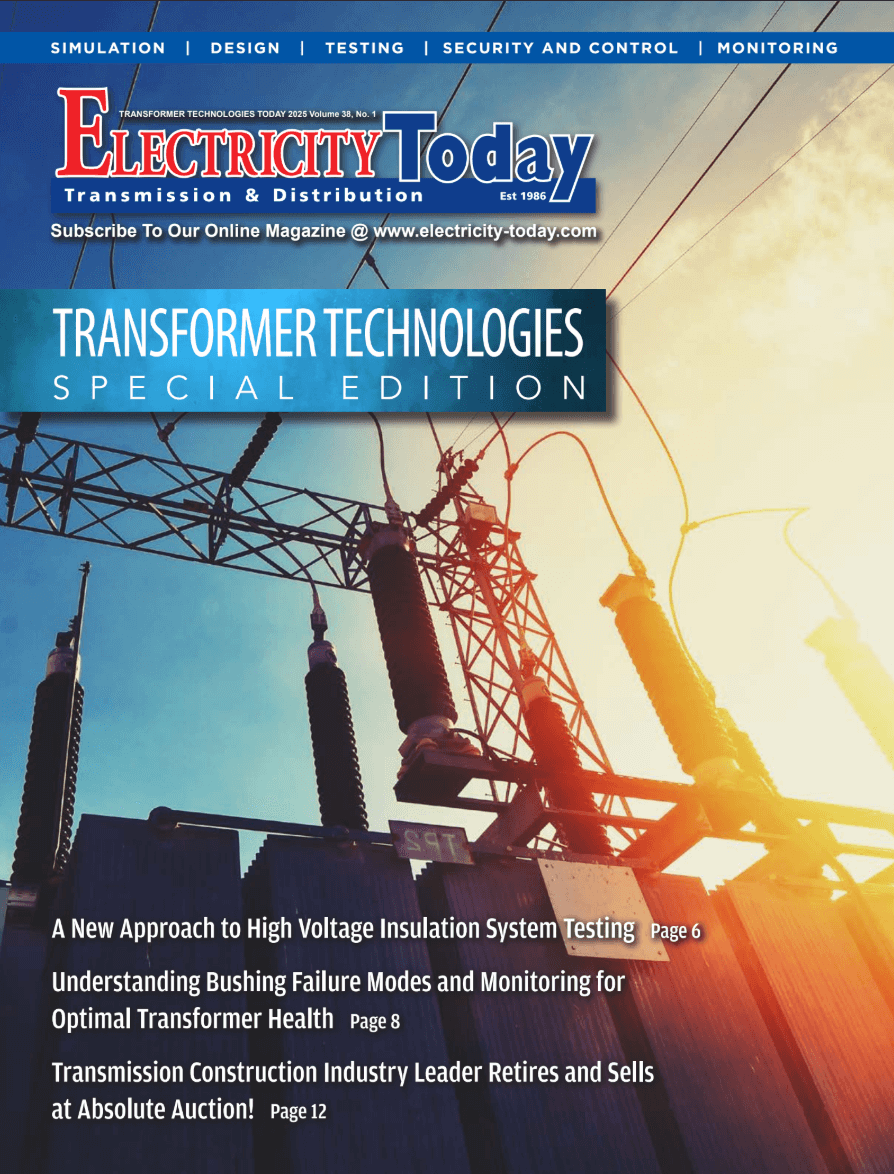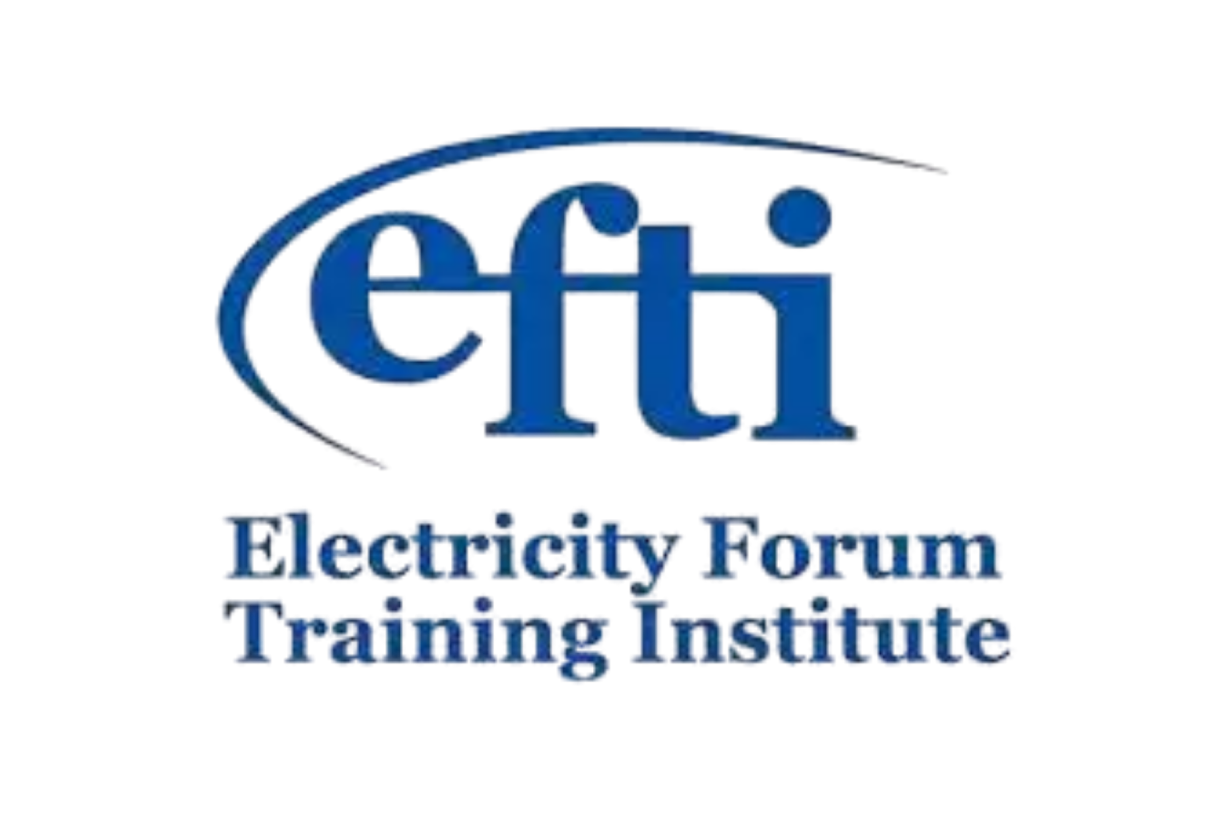Electric Utility T&D Managers and Electrical Engineering Professionals, Consulting Electrical Engineers, Industrial, Commercial, Institutional Electrical Engineers, Energy Managers, Electrical Engineering Graduate Students


In-person Group Training

Live Online Group Training
Flexibility of The Smart Grid
The system automation is increasingly sophisticated with advanced information technology and digital controls leading to a network that not only benefits from with self-healing elements but then again it facilitate new business models for all classes of customers.
The salient attribute of the Smart City resides in its ability to gradually integrate information system services of each vertical ranging from key services such as health, education, transportation, power grid etc., of the city necessary to provide public services to citizens efficiently. The Smart City extends further, into new ways to consume and access entertainment. These changing behaviours of consumers with increased expectations induce massive challenges and requirements.
This extends the customers engagement with utilities or power providers to new type of contractual arrangements and innovative access to information. Electricity customers emulate the enterprise as they represent the new platform of big data, smart energy appliances or programs and online mobile applications.
The course examines the platform of the smart grid, its multiple layers and the multiple controls over the grid and its relationship to customers and provides examples on how it expends on the smart city. At grid level, the course looks further into power electronic technologies as a more effective and economical operation of the grid.
The important aspect of Privacy and Cyber Security is addressed, introducing the Blockchain as a new line of defense against cyber threats.
Live online course schedule
Sign Up For Our Electrical Training Newsletter – Stay Informed!

Who should attend
What you will get






1. CONSIDERATIONS OF SMART GRIDS
- The Big Picture
- Transactive Energy
- Distributed Energy Resources
- Communication Requirements
- Optimal Configuration
- The connected World
- Collaboration with other Market Entities and Government Agencies
2. ARCHITECTURAL PLATFORMS
- An Architecture Model of the Smart City
- The Evolving Architecture of the Smart City
- Roadmap and Architecture
- Centralized versus un-centralized architecture
- Systems Interface Architecture
- Power Electronics
- Static Var Compensators
- Distribution Voltage and VAR Control
- Intelligent Transformers
- Plug-In Electric Vehicle Charging Infrastructure
- The connected world of the Smart City: Sky, Highways, City
3. CHANGES IN CUSTOMER BEHAVIOURAL PATTERNS
- Utilize the Sky
- Smarter Cars and Highways
- The home as an enterprise
- Design individual entertainment
- Service oriented IT platforms
4. THE FLOW OF INFORMATION: INTEROPERABILITY
- Central Cloud based Data Management
- Challenges ahead
5. METERING INFRASTRUCTURE
- Advanced Metering Infrastructure
- Controllers for Local Energy Networks
- Residential Energy Management Systems
- Big Data
6. RENEWABLE GENERATION RESOURCES
- Solar Power
- Wind Power
- AC and DC networks using semi conductor switches
- Grid connected Renewable Resources
- Distribution network connected Distributed Resources
7. ELECTRIC ENERGY STORAGE
- Storage Technologies
- Electrical Vehicles
8. ADVANCED GRID APPLICATIONS
- Enabling Demand Response, Storage and Distributed Energy Resources
- HVD, FACTS
- The Distribution Network
9. SMART METER ECOSYSTEM
- Utility data analytics industry ecosystem
- Smart meters and advanced metering infrastructure (AMI) for energy storage
- Advanced grid controls and sensors
- Accessible energy data for end-use demand response
- Innovative policies and adaptive social infrastructure (still in development)
10. INTEROPERABILITY and IMPACTS on Demand Management
- Controllers for Local Energy Networks
- Residential Energy Management Systems
- Financial Impacts of Smart Energy Technologies
- The Transactive Energy Model
11. ADVANCED GRID APPLICATIONS
- Components of Smart Enabling Demand Response and Storage
- Distributed Energy Resources
- Controls in smart grid
- Study Cases of Smart Networks
12. THE SMART SUBSTATION
- Primary Equipment and Sensors
- Ethernet Switching and Monitoring
- Wide Area Controller
- Digital Substation HMI
- IEEE 1588
13. INTEGRATED PLANNING
- Power electronic technologies with self-commutated converters
14. SMART STANDARDS
- The Green Button for Electricity Consumption
- The Orange Button of Solar Energy
- The Smart Solar Standard
15. INTERNET OF THINGS (of EVERYTHING) – IOT/IOE
- The Next Generation of IOT
- Move from Thermostat to Full Control
- The Future of IOT/IOE
16. INTERNET OF THINGS WORLD FORUM REFERENCE MODEL
- Why it impacts the DSM Programs
- Two Way Controls: Remote and at Home
- The Power of Virtual Devices
- SMART DEVICES
17. SMART HOME OF THE FUTURE: Telecom, Energy, Health
- The HOME as an ENTREPRISE
- Data Centric Architecture
- More Big Data
18. LOAD MANAGEMENT AT FEEDER LEVEL
- Volumetric Risk
- Weather Response
19. PLANNING
- Renewable Energy Forecast
- Demand Management
20. North American Electricity Reliability Council (NERC) STANDARDS and REQUIREMENTS
- Standards – Smart Grid Interoperability Panel (SGIP), IEEE, NIST, IEC, NARUC,others
21. THE SMART CITY – A CONNECTED WORLD
- The networks: Wired and wireless, bandwidth, connectivity
- The Service Oriented Architecture
- Availability and Scalability
- Social Adaption and App development
- Smart City Business Model
22. CYBER SECURITY
- Privacy
- Security Certification
- Vulnerability
- Blockchain

Live online course registration fees & CEU credits
What you will get






Download free discount coupon
Enter Your Information
Fill out the form below with your name and email address.
Receive Your Coupon
Check your email for a message with a link to your $50 discount coupon.
Register for the Course
Use the coupon code when you sign up for the Advanced Electrical Safety Training course to save $50 off the regular price.

Group Offer
Register 3, Get 1 Free
Register 3 delegates at the full price of $249 each and get the 4th registration free! Perfect for companies, safety departments, and teams looking to train multiple employees at once.
Earn Continuing Education Unit (CEU) Credits
- Successful completion of this course qualifies delegates to receive a certificate of course completion with indicated CEUs.
- CEUs are granted by the Engineering Institute of Canada.
- One CEU is equivalent to 10 professional development hours of instruction.
- This course earns 0.6 CEUs.

Request a free training quote – Live Online & In-Person Group Training
Whether you choose live online or in-person instruction, our electrical training can be customized to your needs and delivered to your team at one or multiple locations.
Our instructors will work with you to assess your team's skills and tailor the training to match your requirements.
Complete this handy form and I will send you a FREE written Quotation on any electrical training you need! Or send me an email and I will contact you to discuss your electrical training requirements Today!
Get the 2026 Live Online Training Catalog
Explore 50+ live, expert-led electrical training courses – interactive, flexible, CEU-certified.
Download Catalog
Download Course Brochure
Get detailed information about this course in our comprehensive brochure.
Download Brochure (PDF)Download free discount coupon
Enter Your Information
Fill out the form below with your name and email address.
Receive Your Coupon
Check your email for a message with a link to your $50 discount coupon.
Register for the Course
Use the coupon code when you sign up for the Advanced Electrical Safety Training course to save $50 off the regular price.

Group Offer
Register 3, Get 1 Free
Register 3 delegates at the full price of $249 each and get the 4th registration free! Perfect for companies, safety departments, and teams looking to train multiple employees at once.



